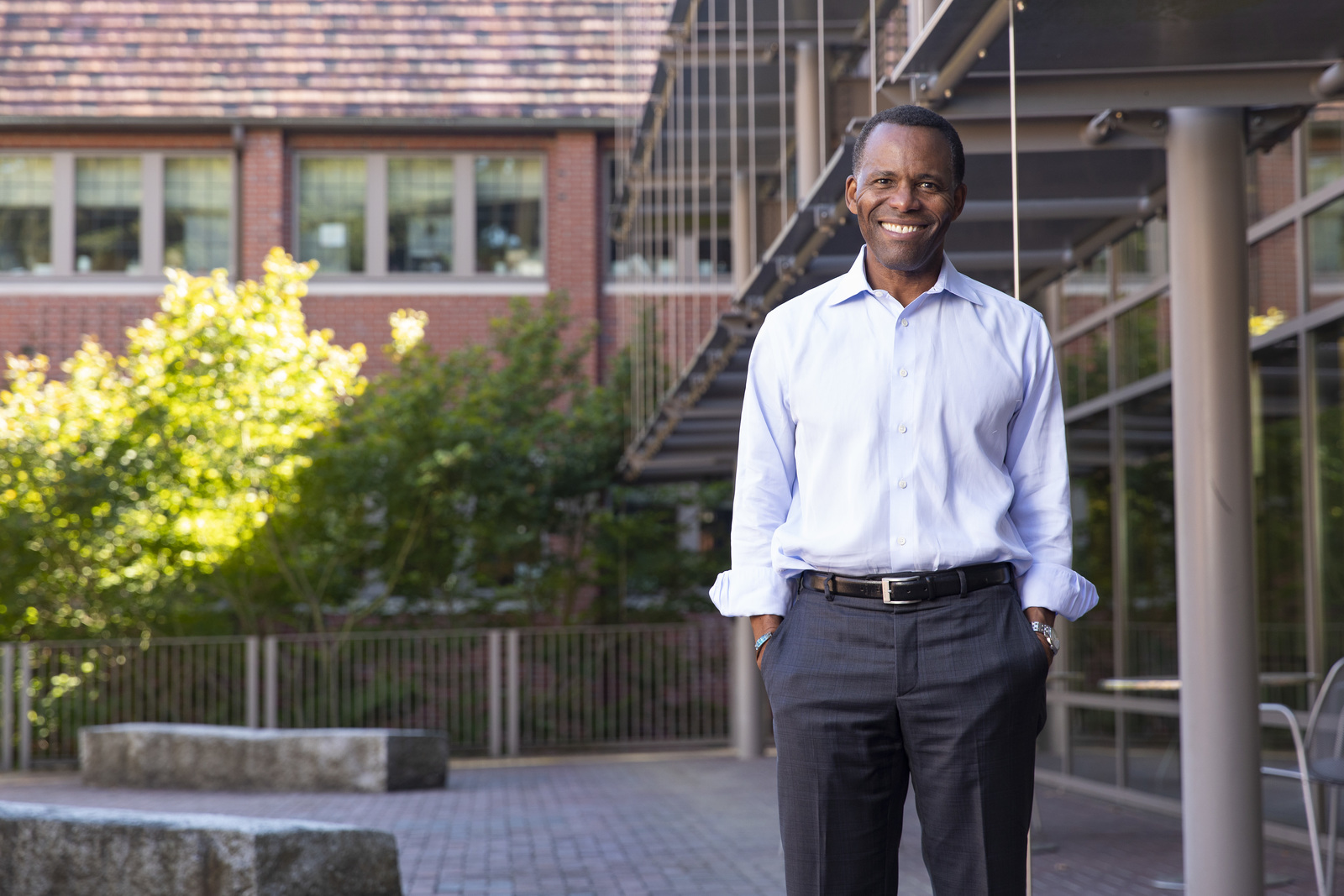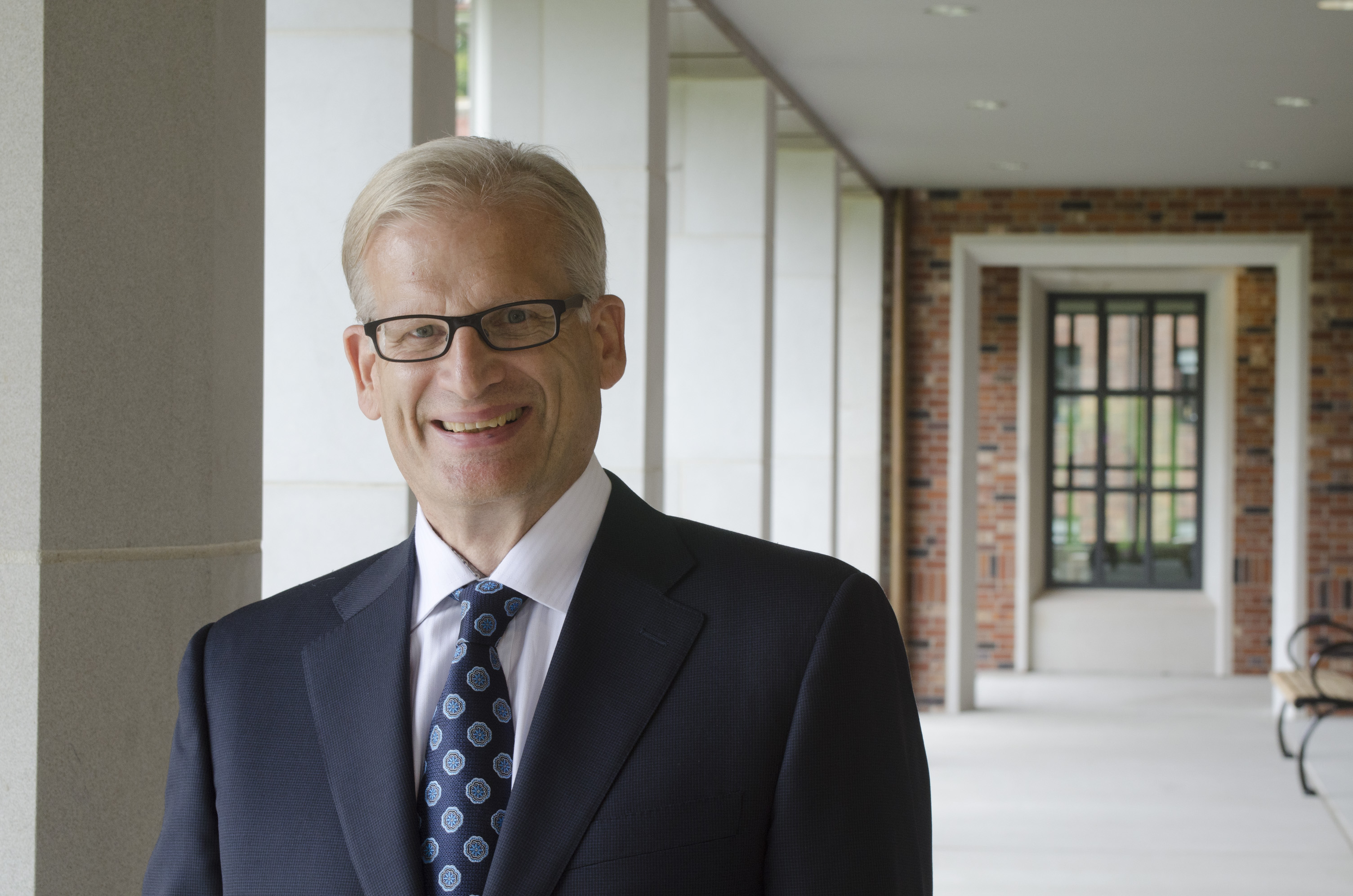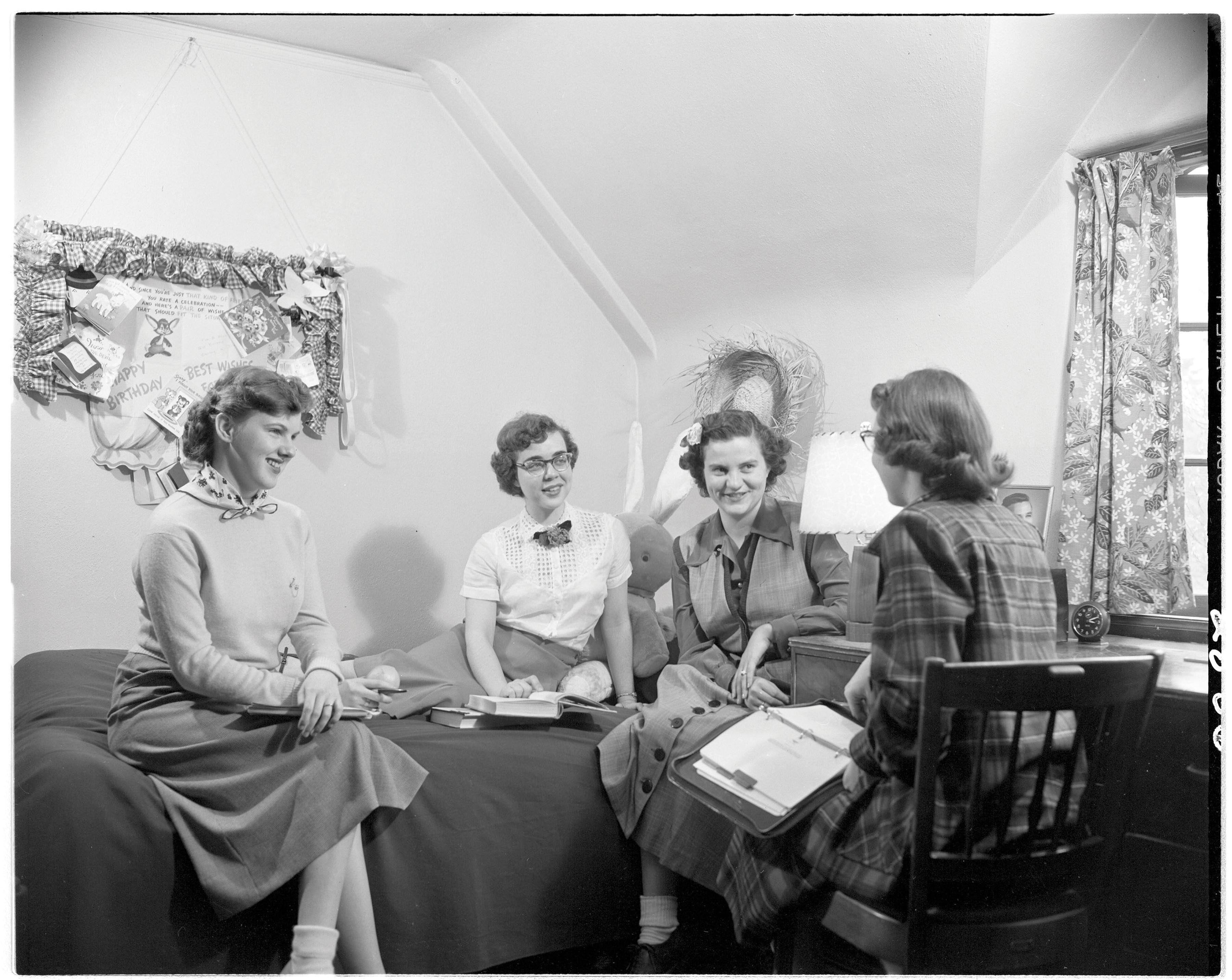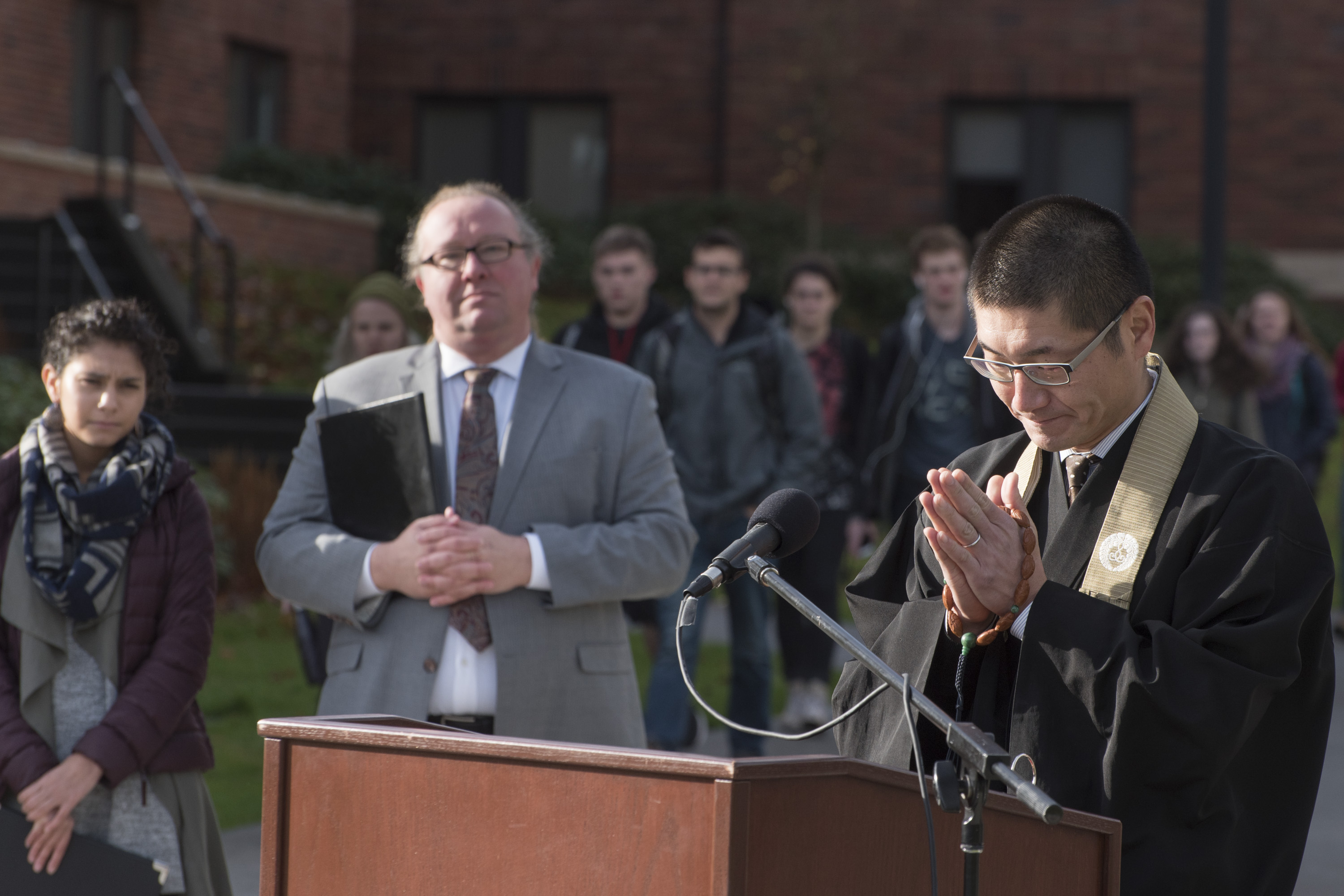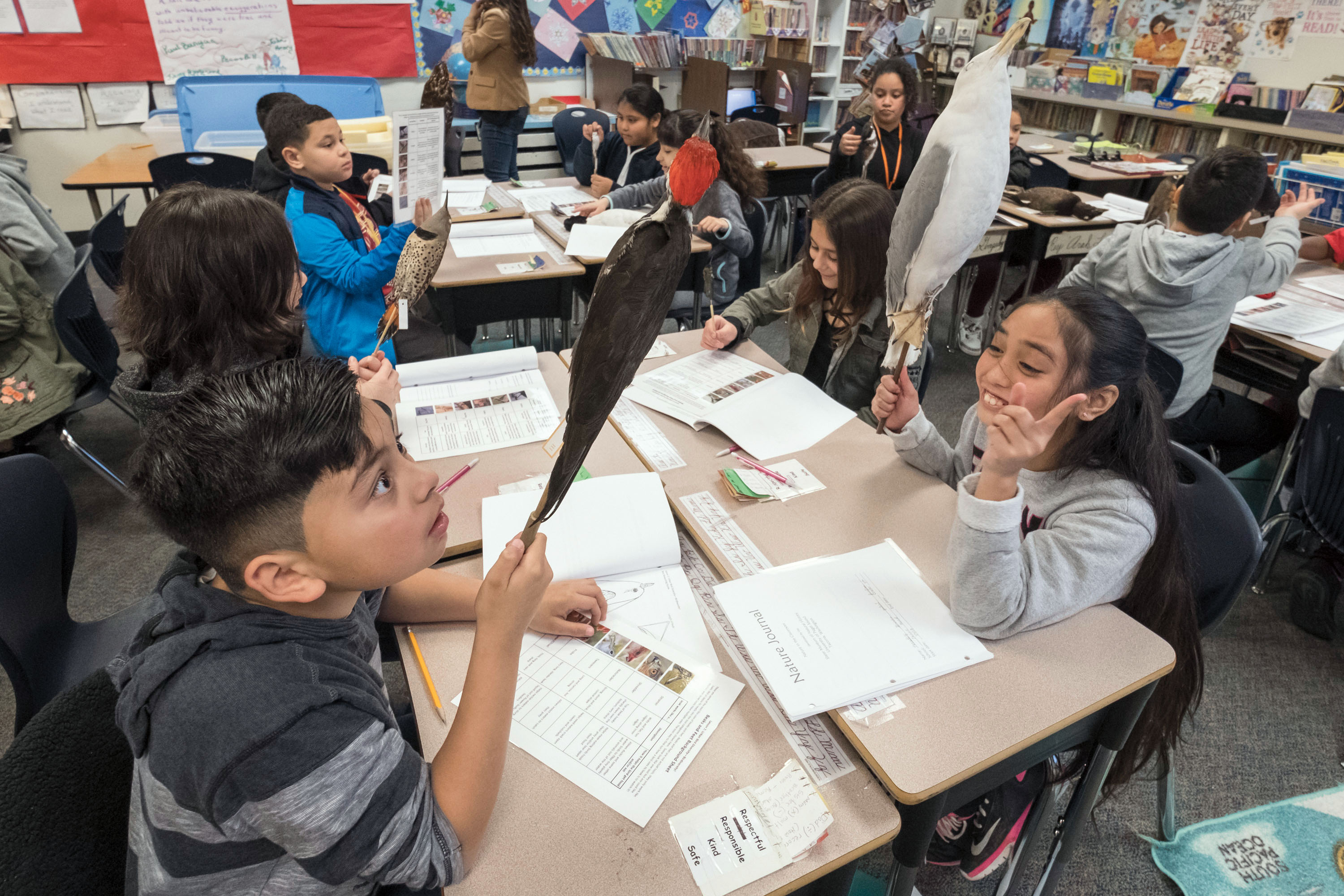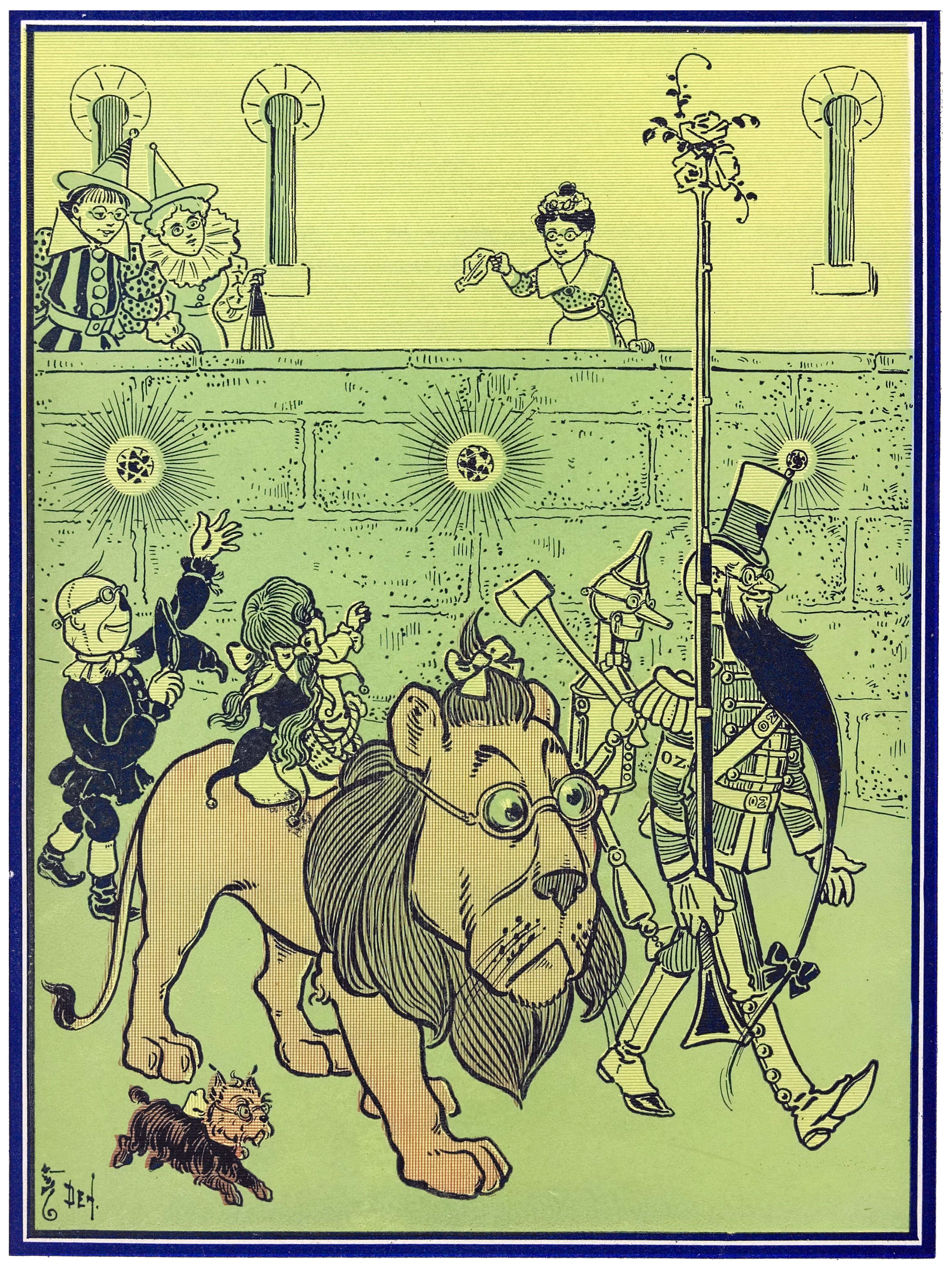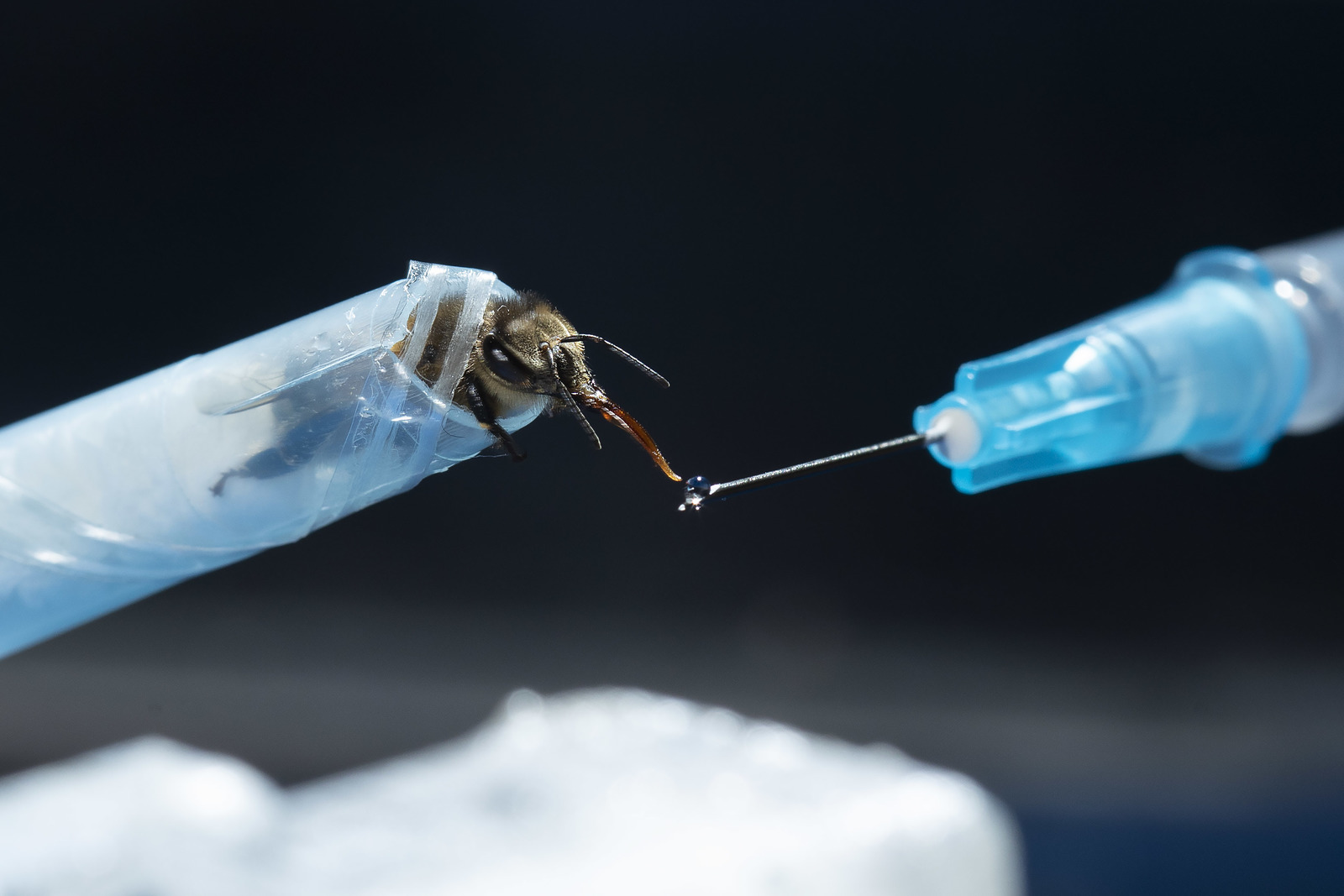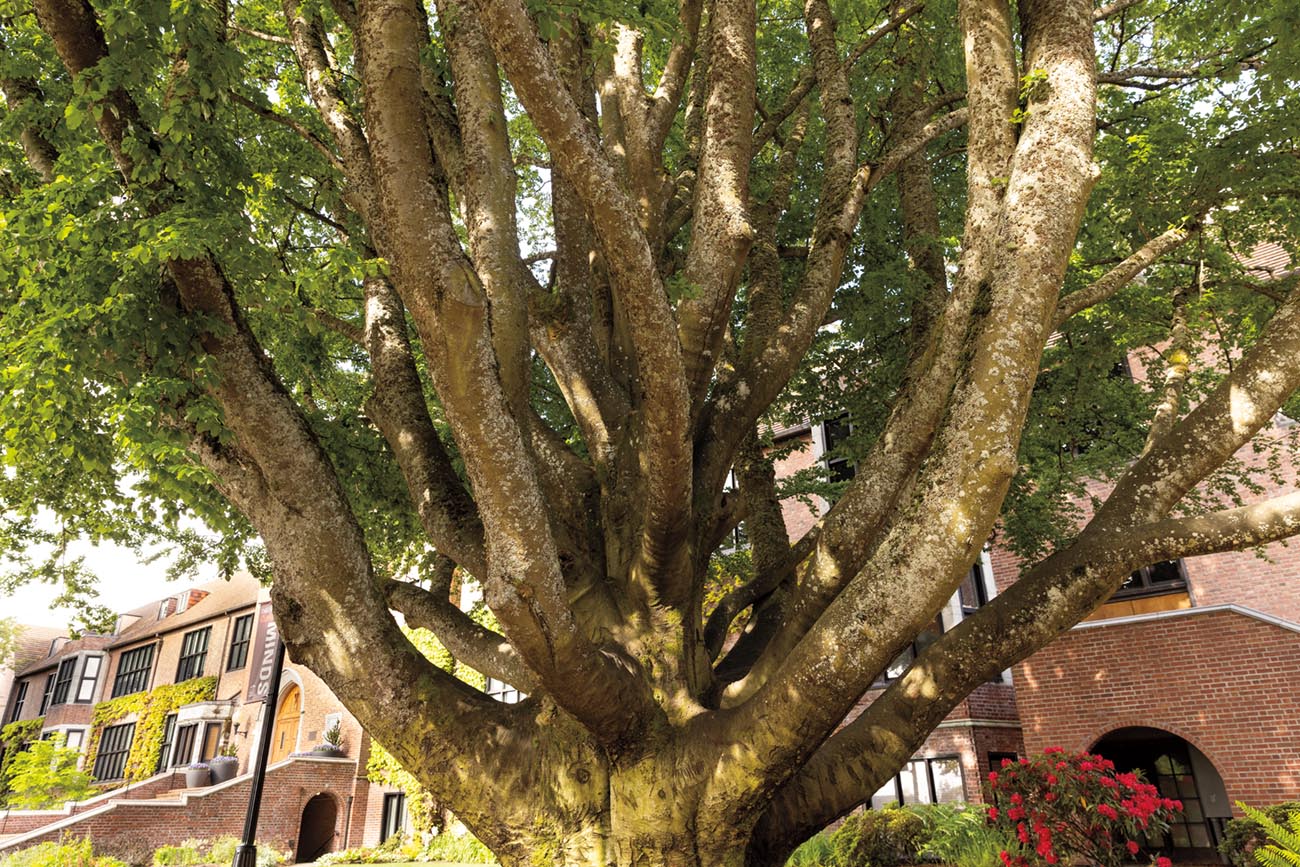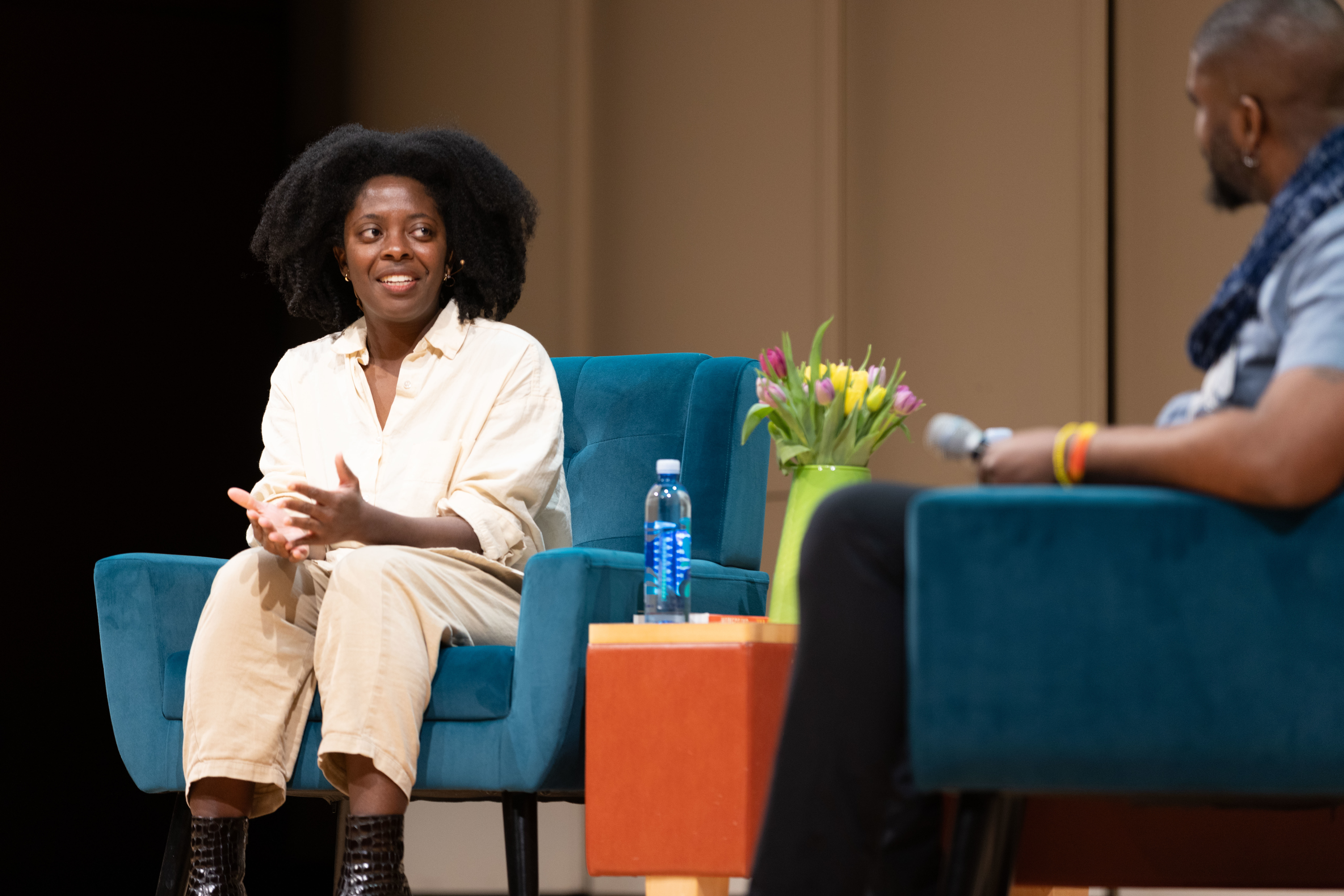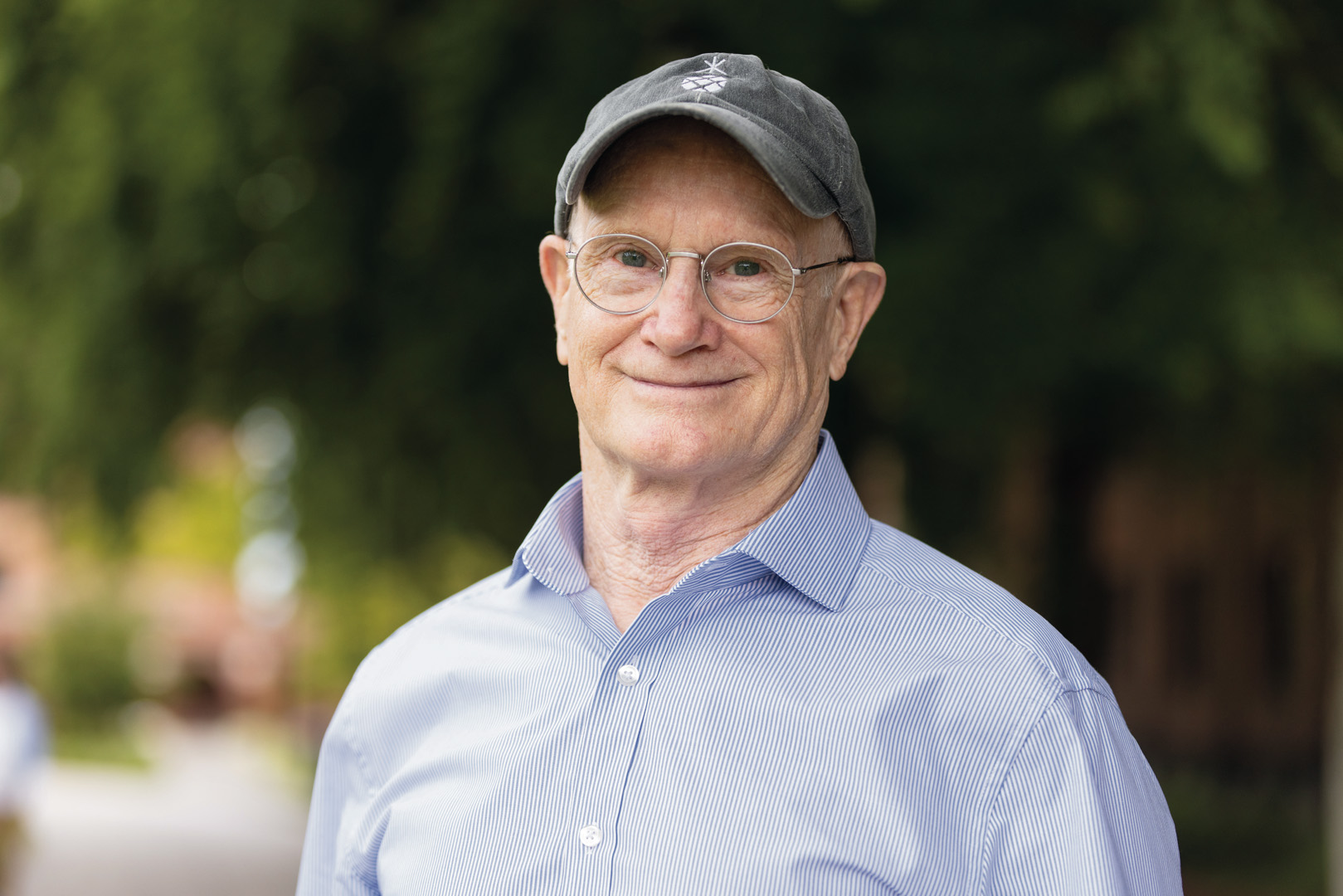President Isiaah Crawford was recognized by his undergraduate alma mater, Saint Louis University, with an honorary doctorate in May. We asked him to reflect on his college experience.

Q: You were raised by your mother, aunt, and grandmother, and they all stressed the importance of a college degree, didn’t they?
A: Yes. Some of my earliest memories are the admonitions that “you will be going to college.” That was their singular focus, and they worked very hard to create the opportunity for me to go to college. I grew up in a house of books, as my family loved to read. When I was very young, my mother and I would read the dictionary together. [laughs] We would start at “A,” and we would read and define words together.
Q: What kind of a student were you in college?
A: I loved every second of my undergraduate experience. By my sophomore year, I knew I wanted to pursue an advanced degree in clinical psychology, so I was focused on doing all that I needed to do to achieve that goal. I was doing research in the psychology department and community-based project work with a number of faculty members. I was a serious student, but I had fun. I played club sports—a lot of flag football, softball, and tennis—and I was involved in student government, primarily with the Black Student Union.
Q: Are there similarities between Saint Louis University and Puget Sound?
A: Saint Louis University has a much more research-oriented focus now—it has evolved over the years—but it has a liberal arts emphasis at its heart. That’s one of the reasons that the opportunity here at Puget Sound felt very resonant and consistent with my own educational experience. SLU was and is very much focused on the liberal arts and supporting students in their pursuit of truth and understanding, but also poses the question: What are you going to do with this education? How are you going to make a difference in the world? That speaks very clearly to what we do here— as well as the idea of educating and informing the whole person.
Q: Later, when you were finishing your doctorate at DePaul and thinking you wanted to go into clinical psychology, you had a mentor who steered you toward an academic job instead.
A: You’re referring to Leonard Jason, one of my primary professors in graduate school. I was thinking I would work in a psychiatric hospital or community mental health center. I was not thinking about a traditional academic appointment as an assistant professor. An opportunity became available at Loyola Chicago, down the street from DePaul, and Professor Jason wanted me to apply for it. I kept saying, “Dr. Jason, I don’t want an academic job,” and he kept saying, “I think you really should. I think you’d be good.” We went back and forth for a while and finally Dr. Jason—one of the calmest guys I know—yelled at me, “Apply for the job, Isiaah!” So I did, to appease him. And here I am.
It speaks to the importance of mentorship. And, you know, he could see something in me that I couldn’t see in myself. He had a belief in me that I didn’t have in myself, and he was putting his hand on my back, pushing me forward, and doing it in a way where I felt that he was walking with me. That is something I have tried to keep in mind as I’ve worked with students and colleagues since that moment. I certainly do believe in the importance of mentors and the difference they make, and the idea that it is impossible for someone to fully “know thyself” without the help of other people.
Q: Don’t you think that’s one of the greatest aspects of a liberal arts education—that the faculty know you? And that there are opportunities for mentors to shape students’ lives?
A: Absolutely. And I would say—particularly for us—mentors can be staff and peers, as well. What we’re looking to do at Puget Sound is establish a full-bore mentorship program, which will also include our alumni, such that every student who would want to have one could have an alumni mentor. We’re really investing in the concept of mentorship and believe the impact it will have on the development of our students will be immeasurable.
Q: Saint Louis University just awarded you an honorary doctorate. What would you say you gained from your undergraduate experience there?
A: I really do believe that this life that I have been so very privileged to live is a result of my mother, my grandmother, and my aunt—and Saint Louis University. They believed in me; gave me a set of skills, knowledge, and values to take out into the world; taught me to see the good in all things and all people; and taught me to remember that you’re part of something greater than yourself. And for that, I will always be grateful.
